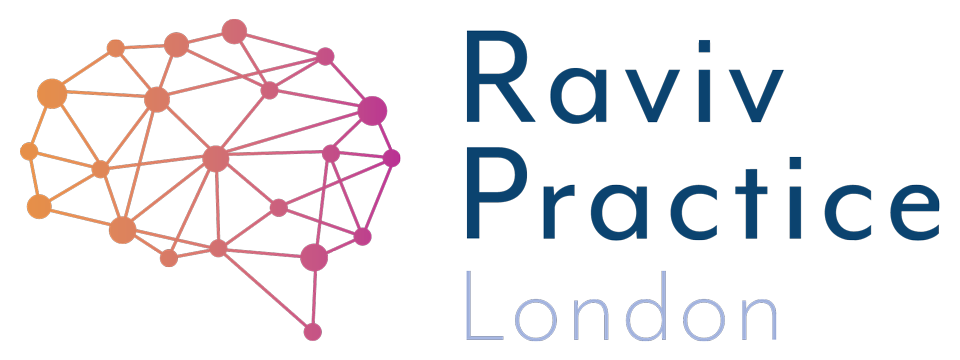
Blog
Usha Patel, Neurocognitive Therapist and Director of Raviv Practice London shares her first-hand experience of working with children /adults and the latest research and upcoming events in her series of blog posts.
Will my daughter grow out of her dyslexia and dysgraphia diagnosis?
Many parents ask if children diagnosed with dyslexia and dysgraphia will eventually outgrow these learning differences. While these conditions don’t disappear, early intervention, therapy, and assistive technologies can help children build skills, adapt, and thrive through school and beyond.
Is striving for perfection something children should avoid?
In an early conversation with the father of one of my students, he mentioned that his son, James, always wanted things to be perfect. Perfectionism was a crippling trait for James, who suffered from several co-existing conditions of; dyscalculia, dyslexia and developmental coordination disorder (DCD).
Help! My child is writing with both hands
If your child switches hands while writing or using scissors, it may signal confusion in hand dominance. Discover why mastering one hand is crucial for fine motor skills and practical ways to support your child’s development.
A rough guide for parents – eye tracking issues and what to look for
When someone has poor vision, an optician help corrects their focusing ability so they can compensate for this particular deficiency. When spelling, you need to pay particular attention to the letter configuration, especially when the word being spelt is not phonetically obvious and you need to memorise the order of letters. All of these skills require correct eye-tracking.
Why does my child mix up 12 & 21?
This is quite a common error children make when writing numbers. They understand the difference between 12 and 21 as number, and can usually count correctly without jumping numbers, but struggle when it comes to writing these numbers down properly.
How can I help my pre-school child with their writing skills?
Think your preschooler’s wall scribbles are just mischief? They may actually be building vital writing skills. Here’s how to support them the right way.
How can I get rid of my child’s fear of maths once and for all?
Stress and anxiety about studying maths is very common among children of all ages. You might even remember yourself struggling with it at school, or maybe you found a way to get to grips with it. In this blog, learn what’s really holding them back and how to help them finally enjoy numbers.
Practical steps to help your child with handwriting before primary school
If your child is has graduated from nursery and is now going to start primary school, and you're worried about their lack of interest in holding a pencil, crayon, or paintbrush, this blog is for you.
Why does my child stick his tongue out when writing?
Tennis is seldom played quietly, and the players make grunting sounds as they hit difficult volleys across the net. This is a great example of how we link actions of our hands and mouths together when we perform an activity.
Help! My child can’t decide which hand to write with!
Many children don’t settle on a dominant handwriting hand by age 5, but persistent uncertainty can cause confusion and delays. In this blog, we explore how reflex integration, bilateral coordination, and therapeutic tools like bal‑a‑vis‑x can gently guide your child toward confident handwriting and motor control.
What age can I get my child assessed for dyslexia?
Is your child at risk of having dyslexia? Are you worried they are falling behind at school? Being concerned about academic progress due to possible dyslexia or neurodivergance is something we pay special attention to.
The secret to learning to write: go clockwise!
Letter and number reversals? Poor handwriting? The problem might be simpler than you think. This blog explores why clockwise movement is key to developing strong writing skills and how simple exercises can help children build the right habits from the start.
How many times does a child need to be told they are naughty?
Is your child often called “naughty” when they’re really just curious? Learn how supporting curiosity and creative play can strengthen learning, build trust, and improve behaviour, especially for kids with dyspraxia and other learning challenges.
Does your child struggle with high-frequency spellings?
Many children with dyslexia, dyspraxia or ADHD find high-frequency spellings difficult to retain. This blog shares a proven two-step approach using Stareway to Spelling and Cogmed Working Memory Training to strengthen visual recall and finally make spelling stick.
Body, brain and improving handwriting
A parent came to me, shocked to hear the evaluation for her daughter. After a two-month break from intensive occupational therap,y her 7-year-old daughter was displaying weak core strength.

















